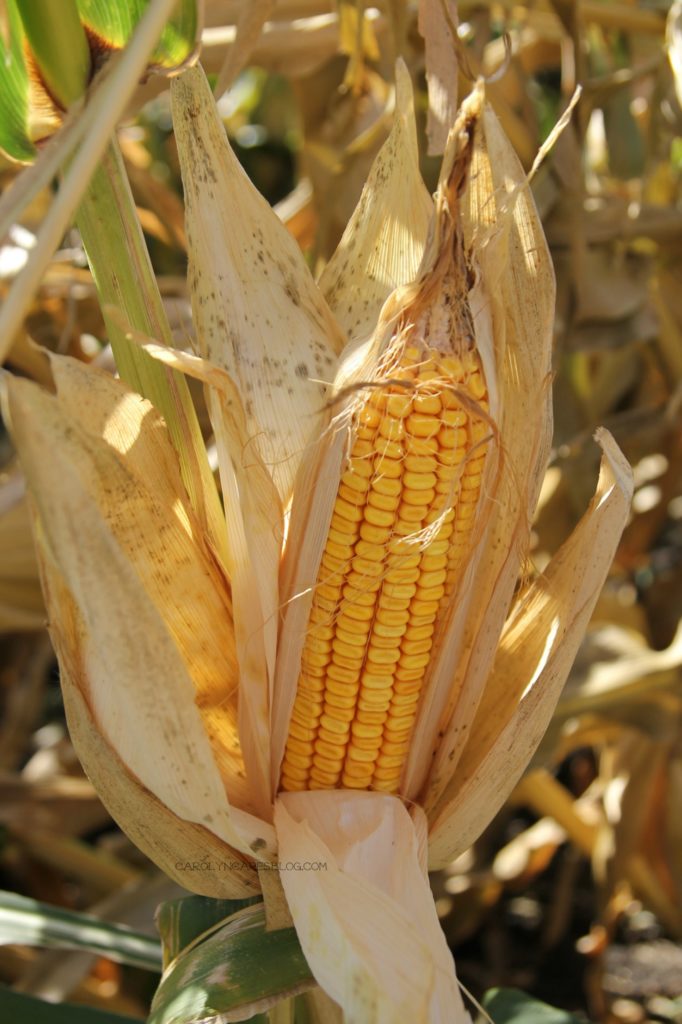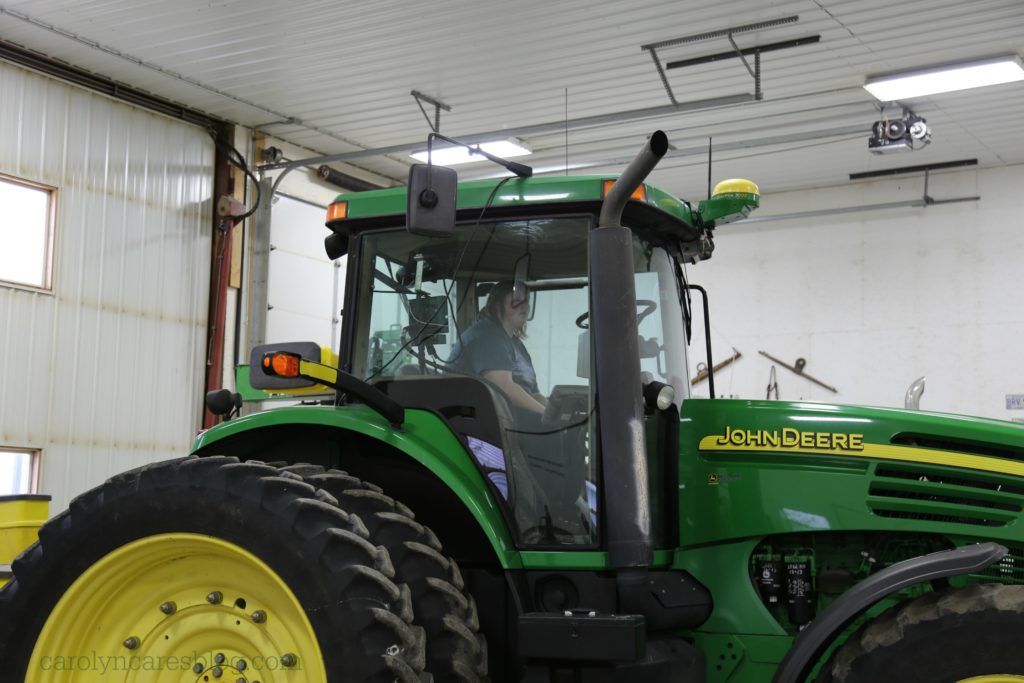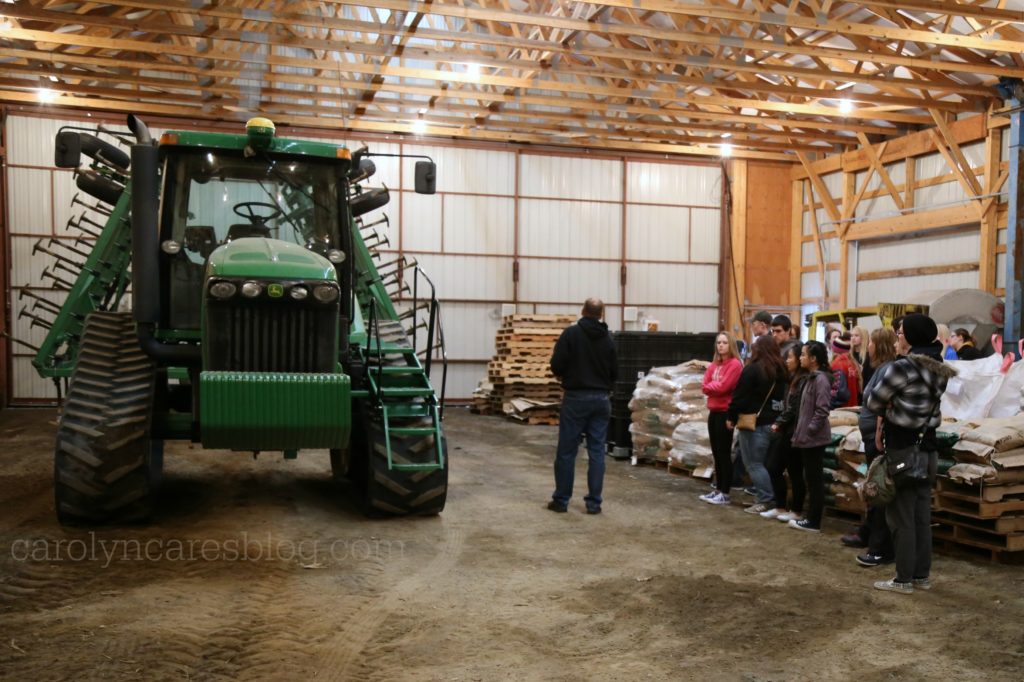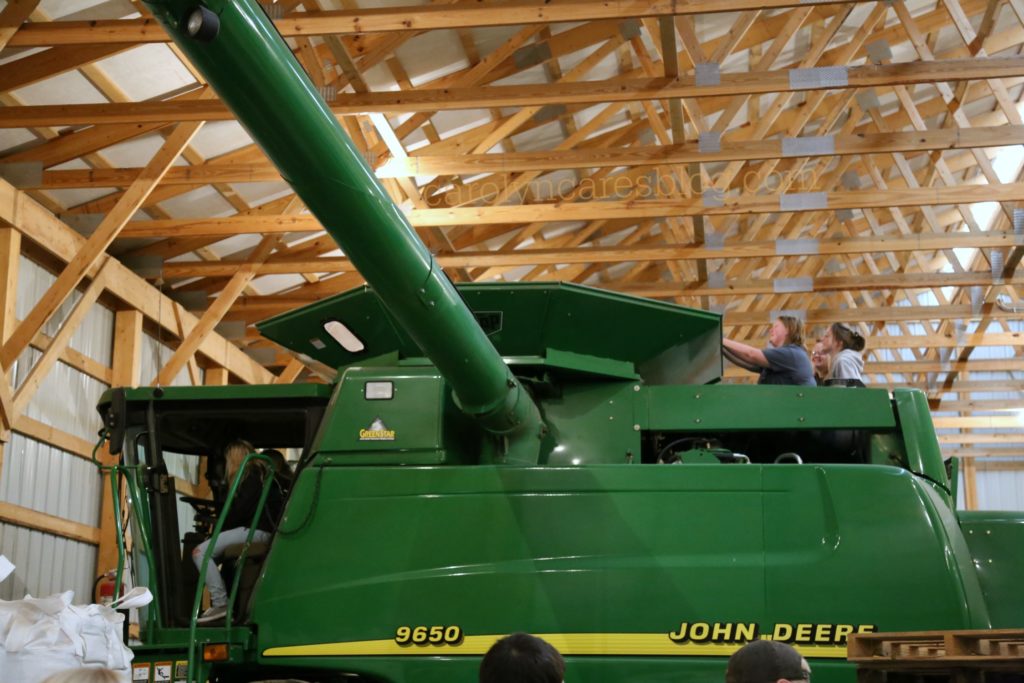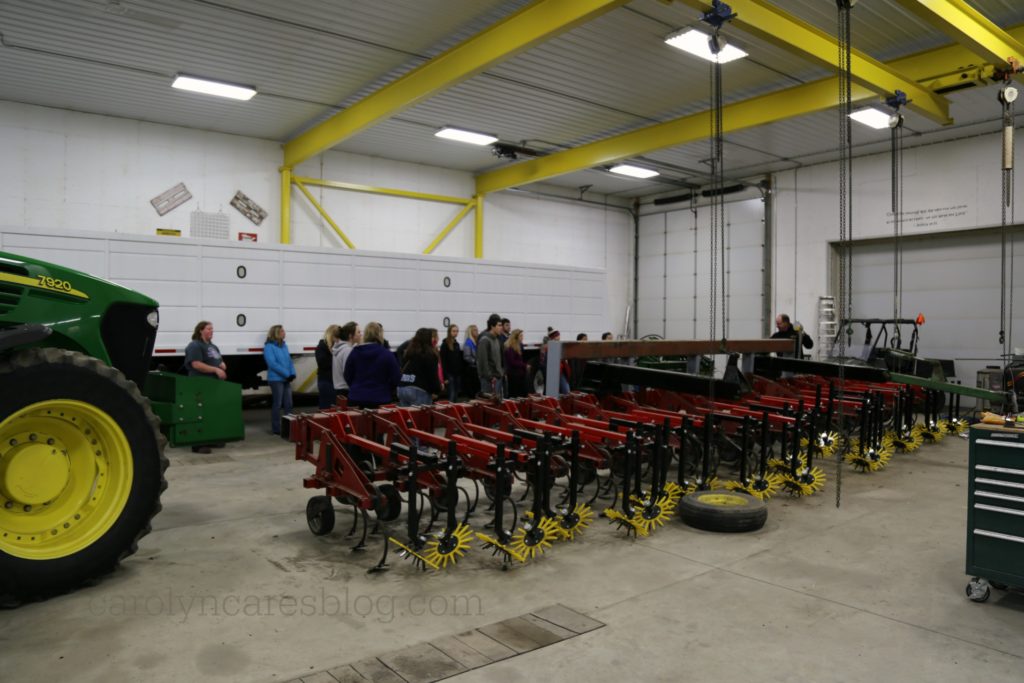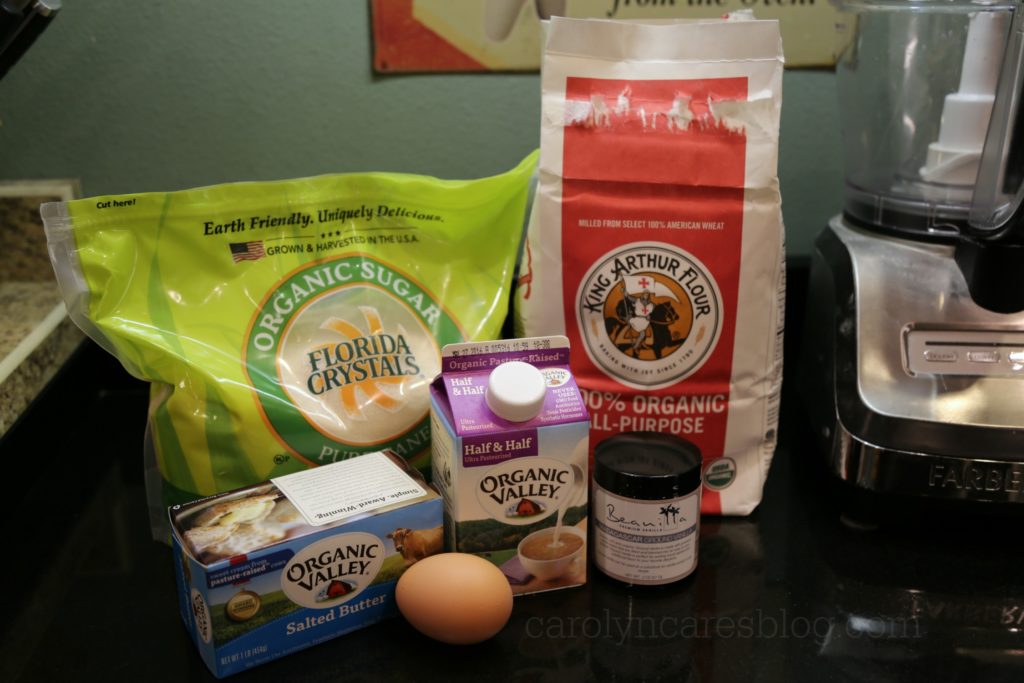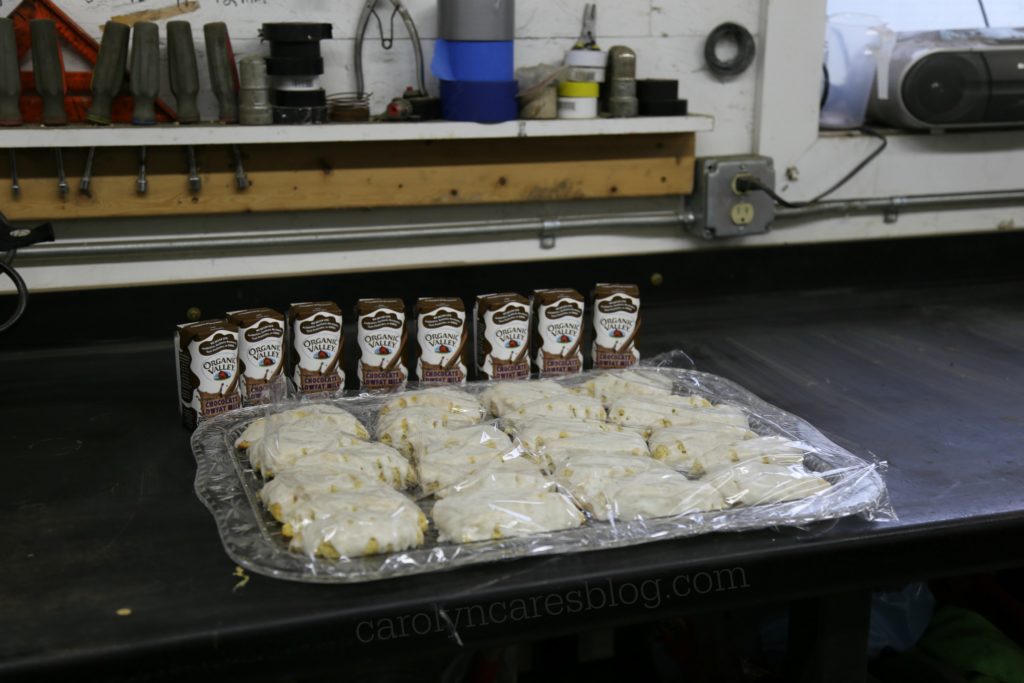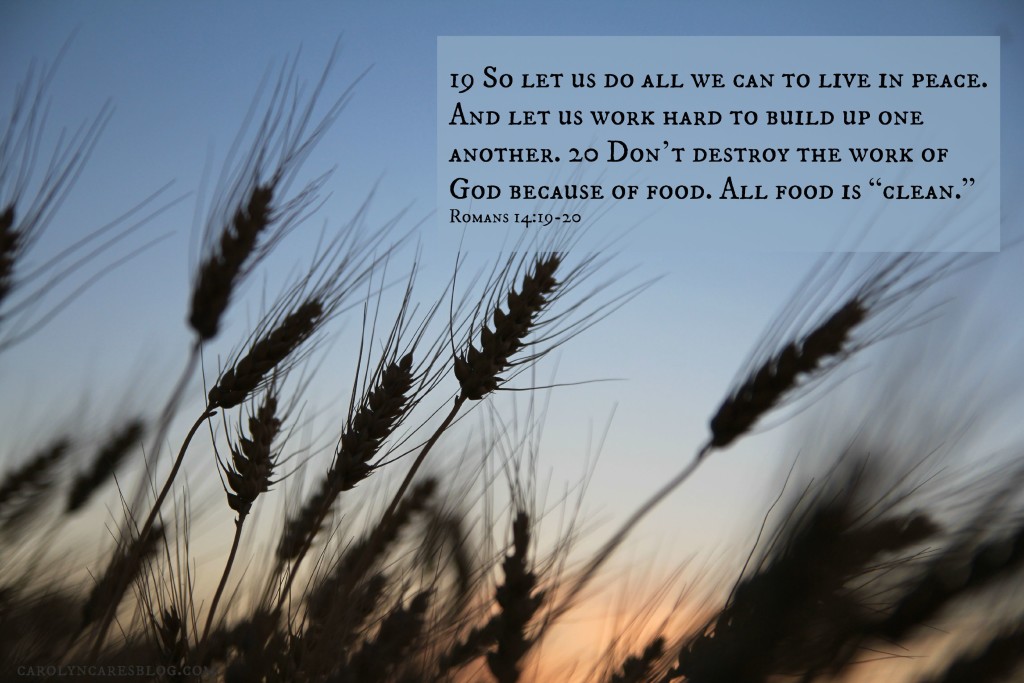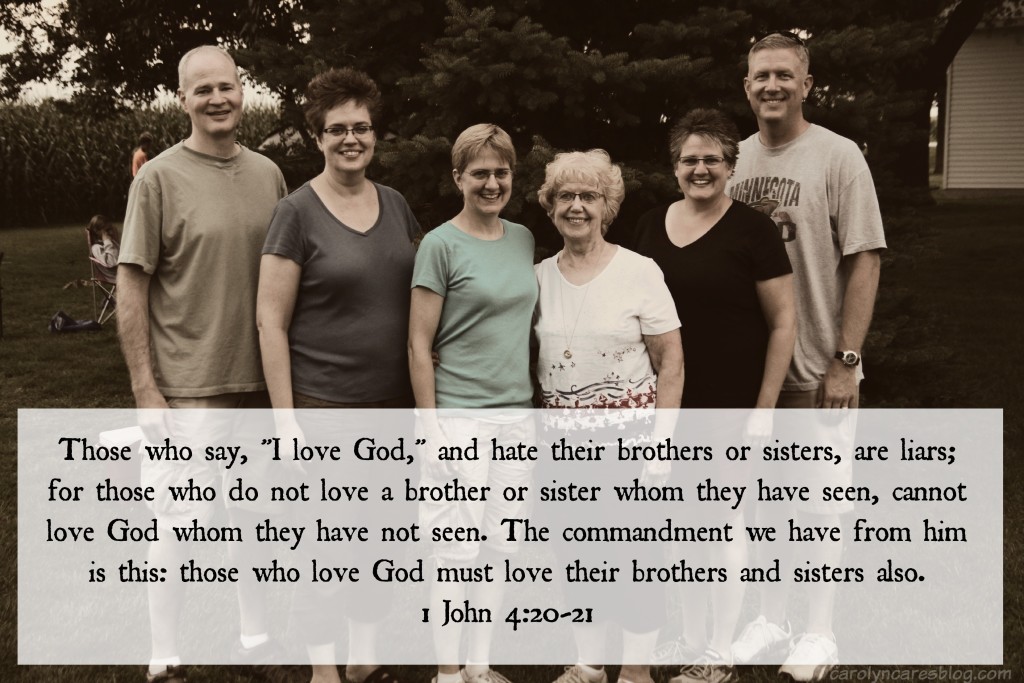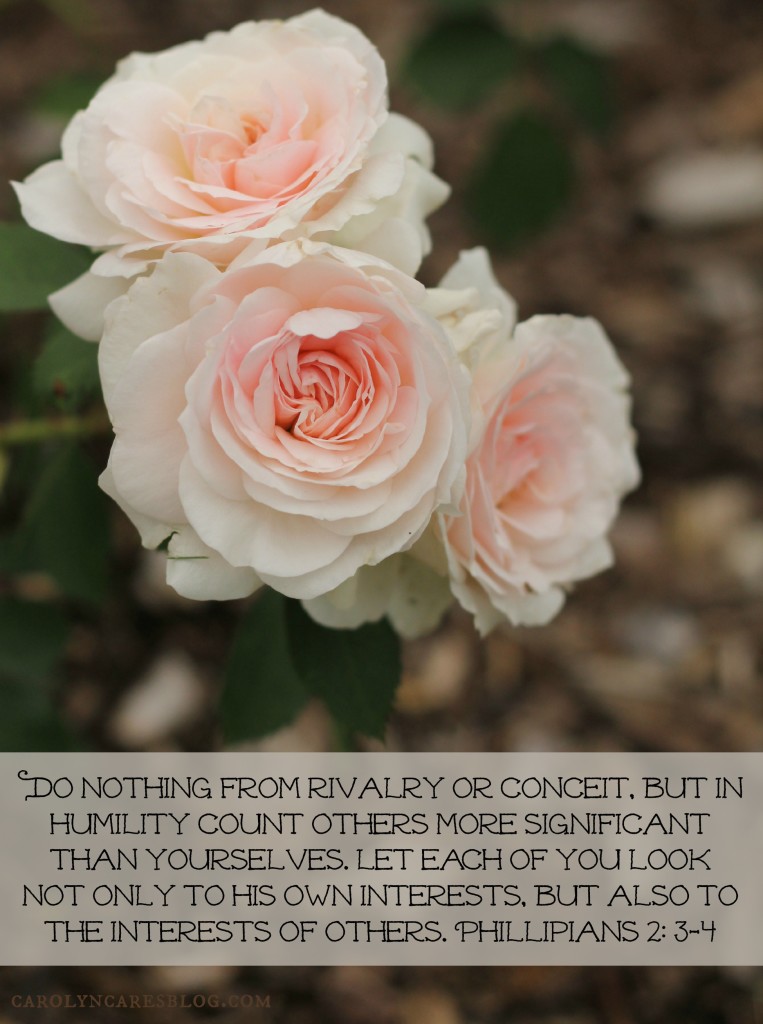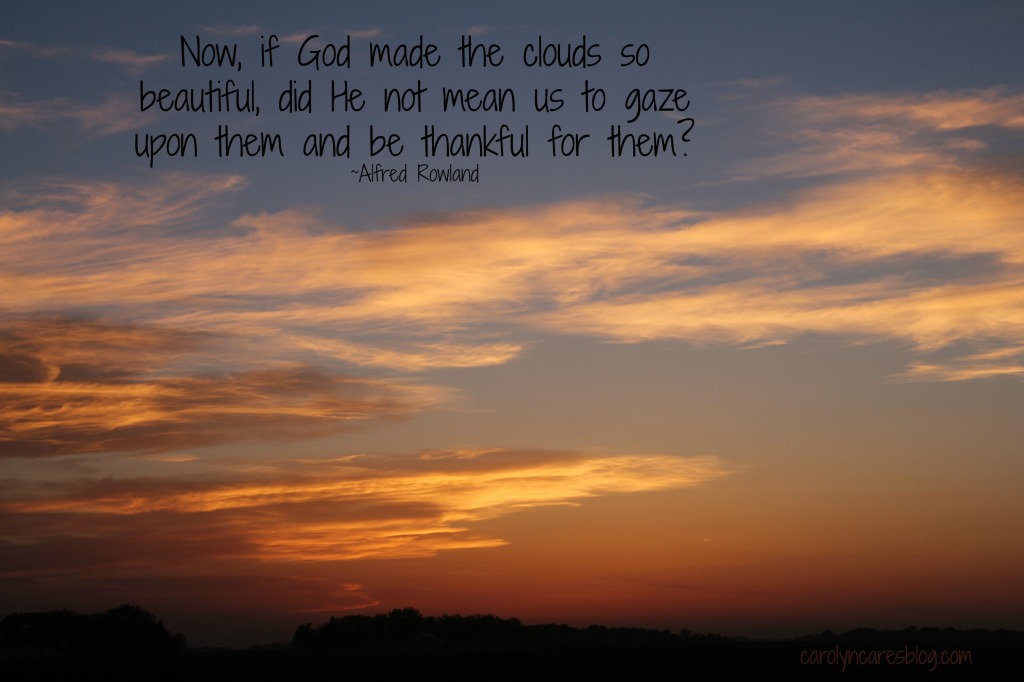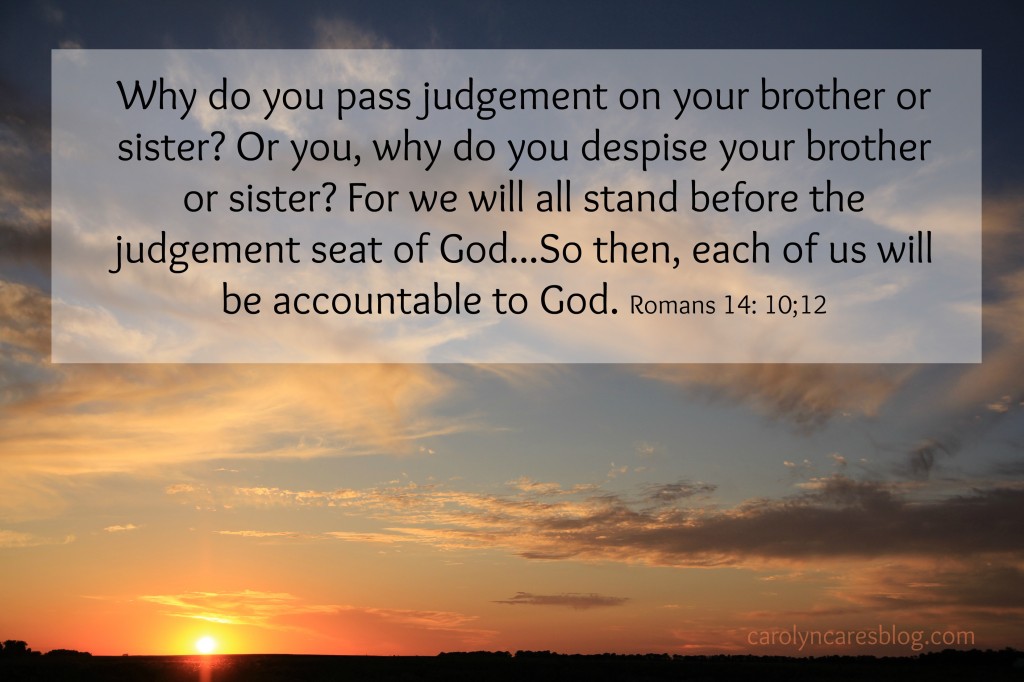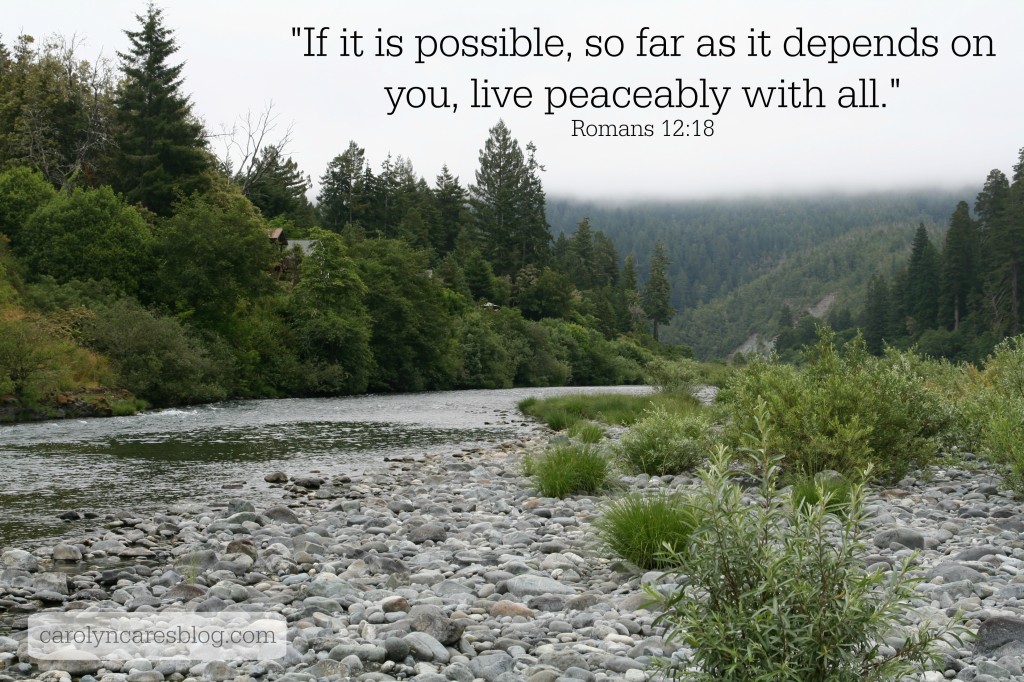
I slid into the pew a few minutes late on Sunday, still tired from the trip to the Minnesota State Fair the day before. Jonathan and I spent 4 hours in the Minnesota Farm Bureau building, sharing our farming story, and giving fair goers an opportunity to meet a real farmer. The conversations were excellent, and I hope that everyone walked away with a better view of American agriculture than when they walked in the building.
Back in the pew, it came time for the scripture lessons to be read, I was trying hard to pay attention. My coffee hadn’t kicked in yet, so concentrating was difficult. Then we came to a passage from Romans 12. This made me sit up a little straighter and listen closely.
Romans 12:9-21
Let love be genuine; hate what is evil, hold fast to what is good; love one another with mutual affection; outdo one another in showing honor. Do not lag in zeal, be ardent in spirit, serve the Lord. Rejoice in hope, be patient in suffering, persevere in prayer. Contribute to the needs of the saints; extend hospitality to strangers. Bless those who persecute you; bless and do not curse them. Rejoice with those who rejoice, weep with those who weep. Live in harmony with one another; do not be haughty, but associate with the lowly; do not claim to be wiser than you are. Do not repay anyone evil for evil, but take thought for what is noble in the sight of all. If it is possible, so far as it depends on you, live peaceably with all. Beloved, never avenge yourselves, but leave room for the wrath of God; for it is written, “Vengeance is mine, I will repay, says the Lord.” No, “if your enemies are hungry, feed them; if they are thirsty, give them something to drink; for by doing this you will heap burning coals on their heads.” Do not be overcome by evil, but overcome evil with good.
A few of these instructions are good reminders for agvocates
“Let love be genuine; hate what is evil, hold fast to what is good; love one another with mutual affection; outdo one another in showing honor.”
When you disagree with another agvocate, do you hold fast to what is good about that person, or love them with mutual affection, or outdo them in showing honor? That’s a difficult task, isn’t it? I know my first reaction isn’t to look for the good in a person who ticks me off. It takes work to love someone who has used words as weapons, let alone outdoing them in showing honor. Honor to me, means showing them respect as a person and a fellow farmer.
In the book The ABC’s of Networking by Thom Singer, “R” stands for “Respect”. He talks about how easy it is to see the shortcomings in people, but goes on to say, “If all you see is someone’s faults, how can you really admire them or work with them? Without admiration, can you really show them respect?” He challenges his readers to find at least one good thing in the people that we encounter every day. Seeing the good helps us to have positive relationships with those we may disagree with.
“Bless those who persecute you; bless and do not curse them.”
Who do you feel persecutes you? Those whom you have labeled as the “anti’s”, the neighbor who delights in gossiping about you at the cafe in town, or other agvocates? How do we bless them when they’ve pushed all our buttons, or spread misinformation about our farm? I think we have to go back to the first phrase…respecting someone as a person and fellow farmer needs to be the priority. It is too easy to assume that the “enemy” doesn’t have feelings, or isn’t affected by your words of retaliation. We are instructed to bless them, not curse them.
There are a lot of blogs focused on the Food Babe being published lately. I have never heard her speak, nor do I follow her on social media. What I do know, is that the things I have read from agvocates hasn’t been very nice. She may be the enemy in this case, but cursing her (wishing her harm or calling her evil) is not the answer. Getting banned from her page should not be a badge of honor. We need to learn from the lessons of Panera, Chipotle, and Muck Boots on how to react…or not react…to these situations. As it says above, “Do not repay anyone evil for evil, but take thought for what is noble in the sight of all.” Instead of attacking those who we feel are wrong, we need to focus on getting positive messages out there, and be the trusted source for our consumers.
“Live in harmony with one another; do not be haughty, but associate with the lowly; do not claim to be wiser than you are.”
This part of the passage keeps echoing in my head. Live in harmony, do not be haughty, do not claim to be wiser than you are. Over and over. I don’t know about you, but I have issues with pride. I sometimes feel that I am better than my neighbor because I am an agvocate, and they are not even on social media. How pathetic is that? I am no better than my neighbor. I make mistakes, I get caught up in my emotions, I don’t always say the right things, I use words in anger, I am not an expert on everything. I am not perfect. But you know what? Neither are you. None of us are, so how can we claim to be wiser than our neighbors?
I’ll be honest. It bugs the heck out of me when I read a blog about a subject the author has no real world experience in. It’s kind of like a singer trying to sing out of their range. It can be painful to listen to. I’ve heard it said many times over the last few weeks that we don’t have to be the expert on everything. It’s okay to not blog about certain topics that you are not totally comfortable with. Knowing who to turn to as an expert is valuable. If I need information about dairy farming, I have friends I can turn to. If I have questions about GMOs, I have friends I can turn to. I don’t write about dairy farming, because I have never been a dairy farmer. I don’t write about GMOs because I have not used them for many years. Writing about what you do on your farm is so important, and you are the expert on what you do.
Living in harmony with one another enables us to turn to the experts in the various sectors of agriculture for a better understanding. Not being haughty, to me, means that you will accept corrections if you made a mistake in a post. Associating with the lowly is associating with those who are different than you are…which would pretty much be every other farm out there. And not claiming to be wiser than you are is being willing to let others deal with topics that you don’t have any practical experience with, or are uncomfortable with.
“Rejoice with those who rejoice, weep with those who weep.”
Agriculture advocates really are a community of people who want the best for agriculture. As a community, we should be rejoicing with those who rejoice, and not knocking them down. We should be weeping with those who weep, whether it is a personal issue or the sting of rejection. If someone is in need of prayer, would you deny them that because they farm differently or you have a personality conflict? Lets focus on healing the relationships within our own ranks, so together we can work on a positive attitude towards agriculture.
“If it is possible, so far as it depends on you, live peaceably with all.”
My friend and blogging mentor, Katie Pinke, shared the Prayer of St Francis last night on her Facebook page. It fits in so well with the scripture lesson above, that I thought it would be fitting to include it here.
Lord, make me an instrument of thy peace.
Where there is hatred, let me sow love;
Where there is injury, pardon;
Where there is doubt, faith;
Where there is despair, hope;
Where there is darkness, light;
Where there is sadness, joy.
O divine Master, grant that I may not so much seek
To be consoled as to console,
To be understood as to understand,
To be loved as to love;
For it is in giving that we receive;
It is in pardoning that we are pardoned;
It is in dying to self that we are born to eternal life.


